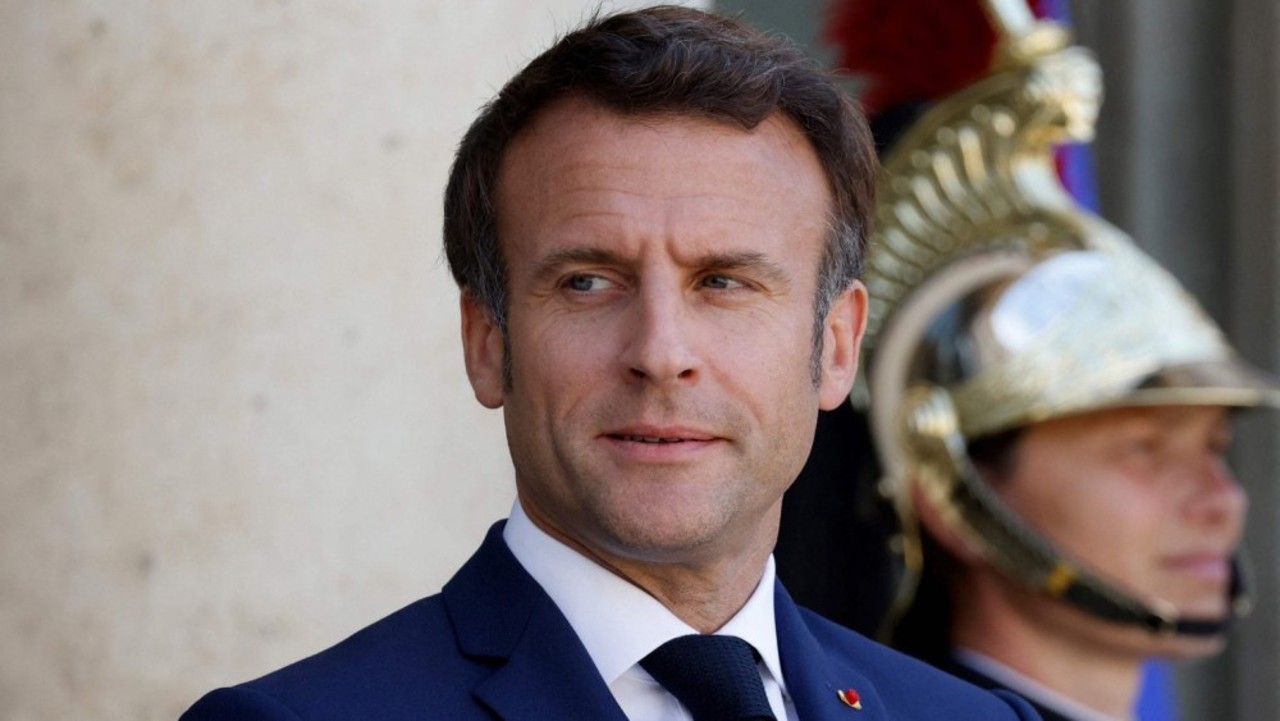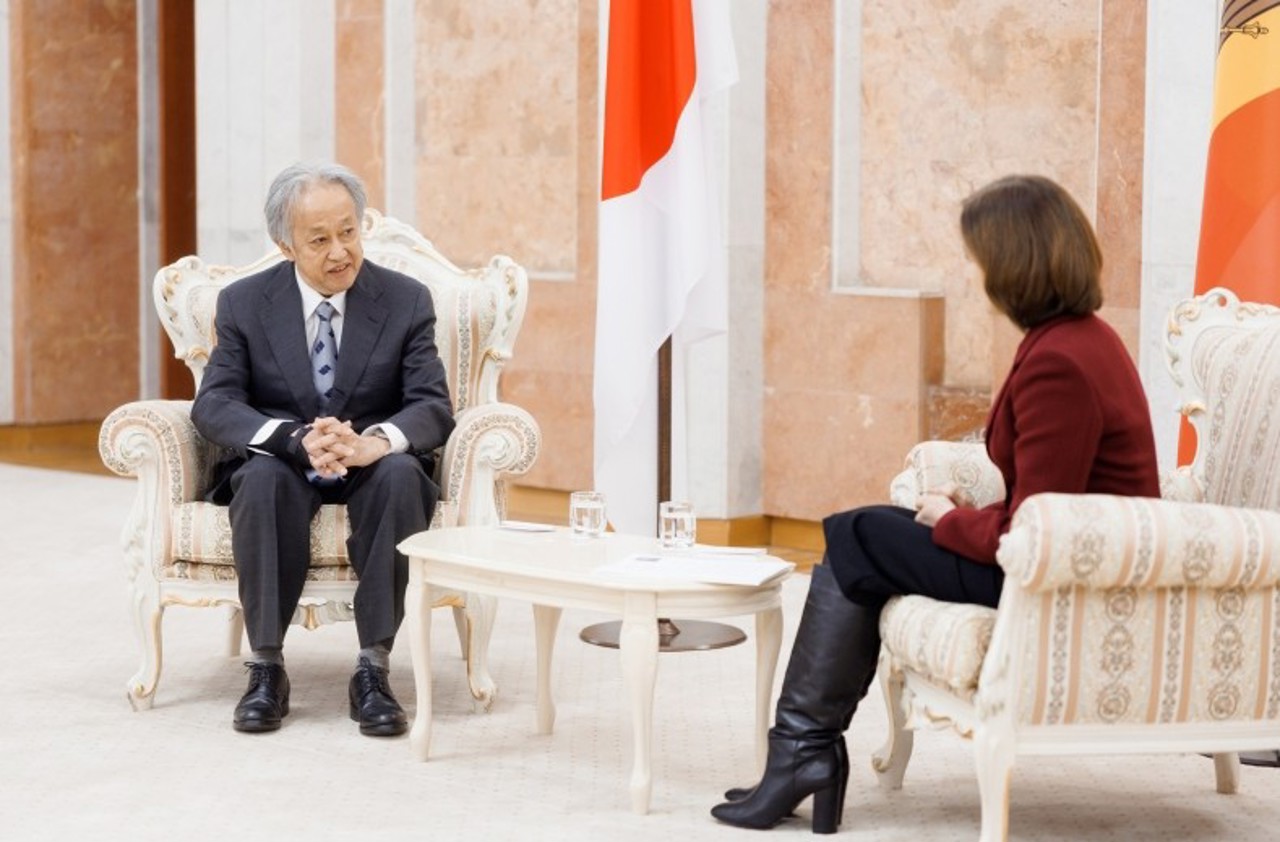Geopolitical Parallels: Putin, Macron, and the Specter of Munich
Was Emmanuel Macron right to compare the current period, with all the tensions we are going through, to the interwar period of the Munich agreements?

Vladimir Putin has officially proven to be the winner of the recent fake elections in Russia, as no one doubted, and in this context, many invoke the spectre of Munich, before the Second World War. The fact that the French president invokes the spectre of Munich is not by chance: on the night of September 29 to 30, 1938, French Prime Minister Edouard Daladier and British Prime Minister Neville Chamberlain offered Czechoslovakia to Adolf Hitler, hoping that by allowing him to annex the German-speaking region in the southeast, they would save peace.
Two years after the start of the Russian aggression and as the strategic and diplomatic situation of Ukraine has significantly deteriorated in recent months, the analogy clearly seeks to remobilize Kiev's allies and underline the seriousness of the moment, in the hope of avoiding the risk of "war fatigue" in public opinion.
Since the invasion of Ukraine by Russia, Emmanuel Macron has always been haunted by the memory of that period: while in June 2022, his appeal to "not humiliate Russia" was a transparent allusion to the fate reserved for Germany by the winners of the First World War, the speech he delivered in Prague on March 5, urging his allies not to be "cowards" in the face of a Russia that is becoming "unstoppable", directly refers to the failure of the policy of appeasement of European democracies towards the Third Reich.
But perhaps this is not the essential thing. Because beyond these historical considerations, the appeal to the ghost of the Munich agreements and the "spirit of Munich" to shake and wake up the supporters of a conciliatory attitude with Moscow is above all a political argument whose strength lies in the implicit comparison between yesterday and today: between Vladimir Putin and Adolf Hitler. Now that such a parallel has been established, how could it be possible to negotiate with the Kremlin's master?
Rather than making the Munich conference the absolute example of the failure of diplomatic efforts in the face of an autocrat with an insatiable appetite for conquest, we should blame everything more broadly - the concessions that allowed Hitler to take a series of dangerous initiatives, most of them contradictory to the Treaty of Versailles (1919) and the Locarno Agreements (1925), which endangered international peace without encountering real opposition from France or the United Kingdom.
On the other hand, the analogies stop here. Because, even if fears of conflict spreading to Moldova or the Balkans remain strong, Russia does not seem as powerful as Germany was on the scale of the European continent in 1939. Furthermore, the presence of nuclear weapons and the threats of apocalypse they carry completely change the situation: for all these reasons, the situation in 2024 cannot be compared to that of 1938.
AUTHOR: Dan Alexe
Translation by Iurie Tataru





